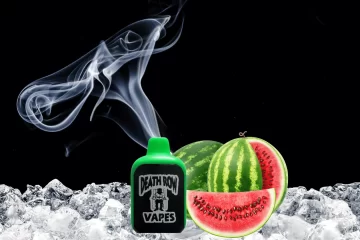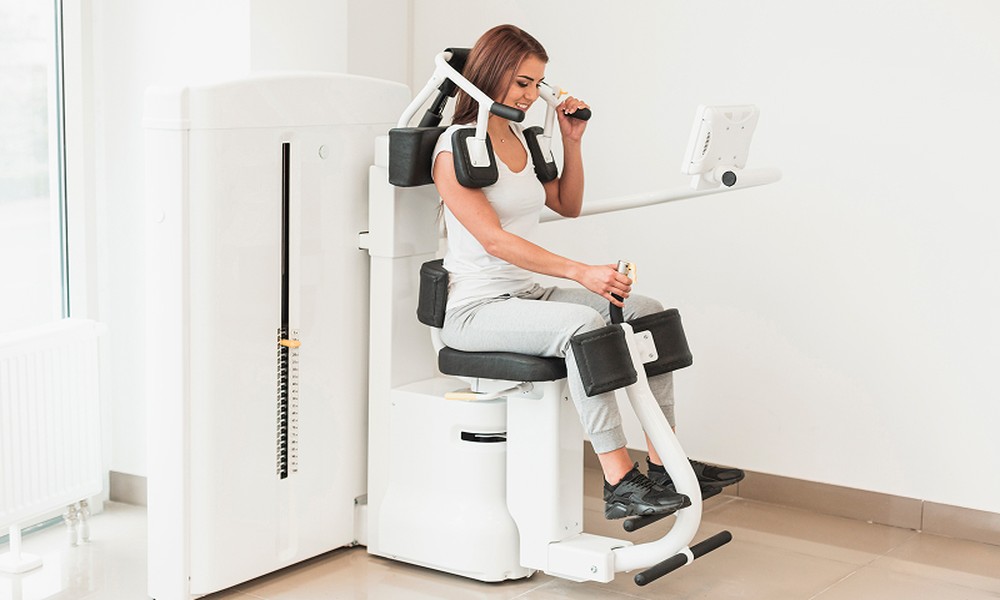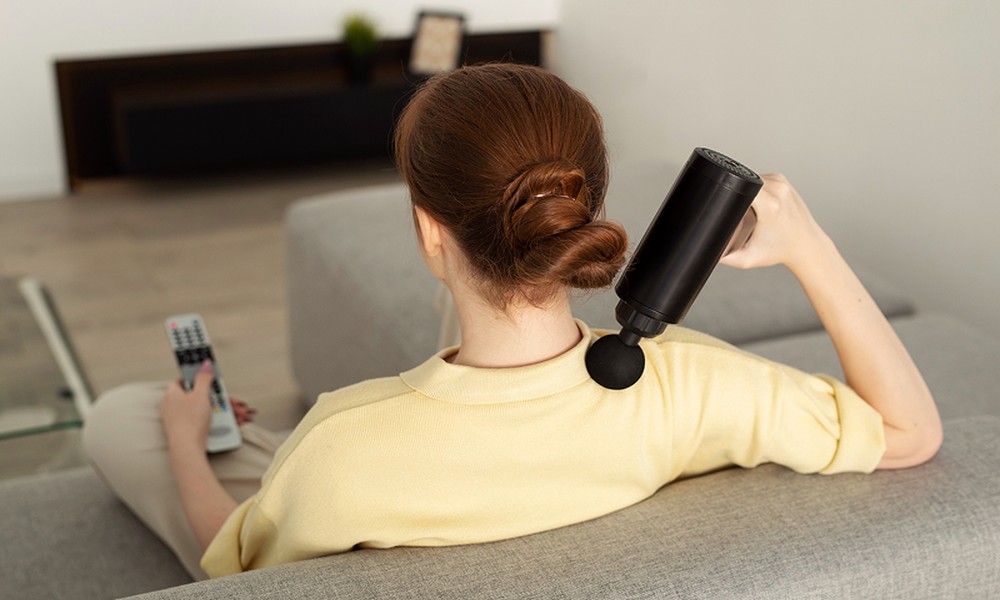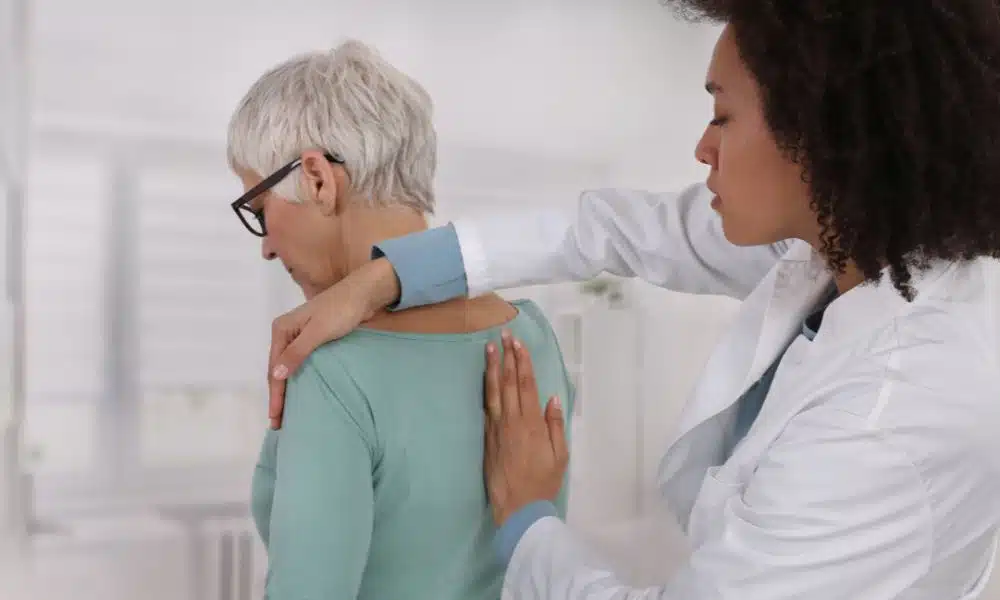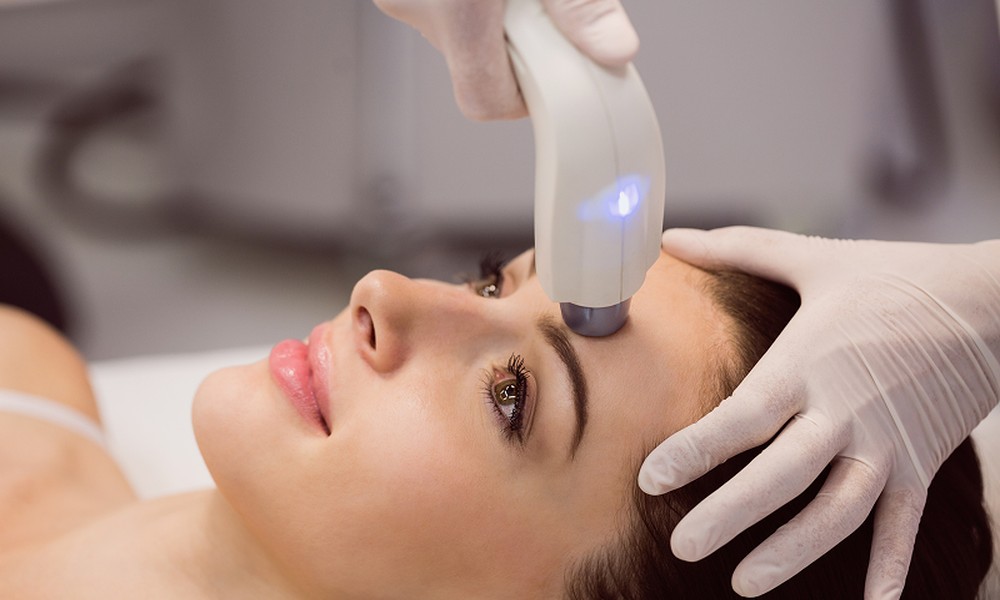THCA Flower: Unlocking the Power of Raw Cannabis

cannabis plant close up on white background, marijuana beautiful plant
In recent years, a new trend has been sweeping the cannabis world: THCA flower. Unlike traditional cannabis buds that are rich in THC, THCA flower features tetrahydrocannabinolic acid (THCA), the non-psychoactive precursor to THC. Enthusiasts and wellness seekers alike are discovering that THCA flower may offer unique benefits without the “high” associated with heated cannabis. This article dives into what THCA flower is, how it works, its potential advantages, consumption methods, and legal considerations.
What Is THCA Flower?
THCA is the raw, acidic form of THC found naturally in the trichomes of the cannabis plant. During the plant’s growth cycle, THCA accumulates in its flower, but it does not produce intoxicating effects until it undergoes decarboxylation—typically through heat (smoking, vaping, or cooking). When heated, THCA loses a carboxyl group and becomes THC, the compound responsible for the psychoactive “high.”
THCA flower products are cured and prepared in a way that preserves this acidic compound, allowing consumers to experience cannabis in its most unaltered botanical form.
Potential Benefits of THCA Flower
Non-Psychoactive Relief
Since THCA itself isn’t intoxicating, users can potentially access therapeutic benefits—such as anti-inflammatory or anti-emetic effects—without cognitive impairment.
Anti-Inflammatory Properties
Early research suggests THCA may help reduce inflammation through COX-2 inhibition, offering promise for conditions like arthritis and muscle pain.
Neuroprotective Effects
Some animal studies indicate THCA might support neuroprotection, hinting at benefits for neurodegenerative diseases.
Nausea and Appetite Support
Like THC, THCA has shown potential in mitigating nausea and stimulating appetite, which may benefit patients undergoing chemotherapy or dealing with eating disorders.
Antioxidant Activity
THCA exhibits antioxidative properties, which could help combat oxidative stress and associated cellular damage.
Consumption Methods
Because THCA must remain unheated to preserve its non-psychoactive form, traditional smoking isn’t ideal if you want to avoid conversion to THC. Instead, users can choose from:
- Juicing Raw Flower: Blending fresh buds into smoothies to harness nutrients without heat.
- Cold-Infused Oils and Tinctures: Extracting THCA into carrier oils using cold or room-temperature methods.
- Capsules and Pills: Encapsulated raw flower powder for precise dosing.
- Topicals: Creams or balms formulated with THCA for localized relief without systemic effects.
Legal Considerations
The legal status of THCA flower can be complex. While THCA itself is not intoxicating, many jurisdictions regulate it similarly to THC. In places where cannabis remains federally illegal or controlled at the state level, THCA flower may fall under the same restrictions as high-THC products.
Consumers should carefully research local laws: some regions allow non-psychoactive hemp derivatives containing less than 0.3% Δ⁹-THC on a dry weight basis, while others prohibit THCA in any form. Always verify lab reports to ensure compliance with potency and purity standards.
THCA flower represents an exciting frontier in cannabis science, offering a way to experience many of the plant’s potential therapeutic benefits without the psychoactive effects of THC. Whether used in raw juices, tinctures, or topicals, THCA invites both curious consumers and medical patients to explore the unheated power of the cannabis plant. As legal frameworks evolve and research deepens, THCA flower may well become a cornerstone of holistic cannabis supplementation.

